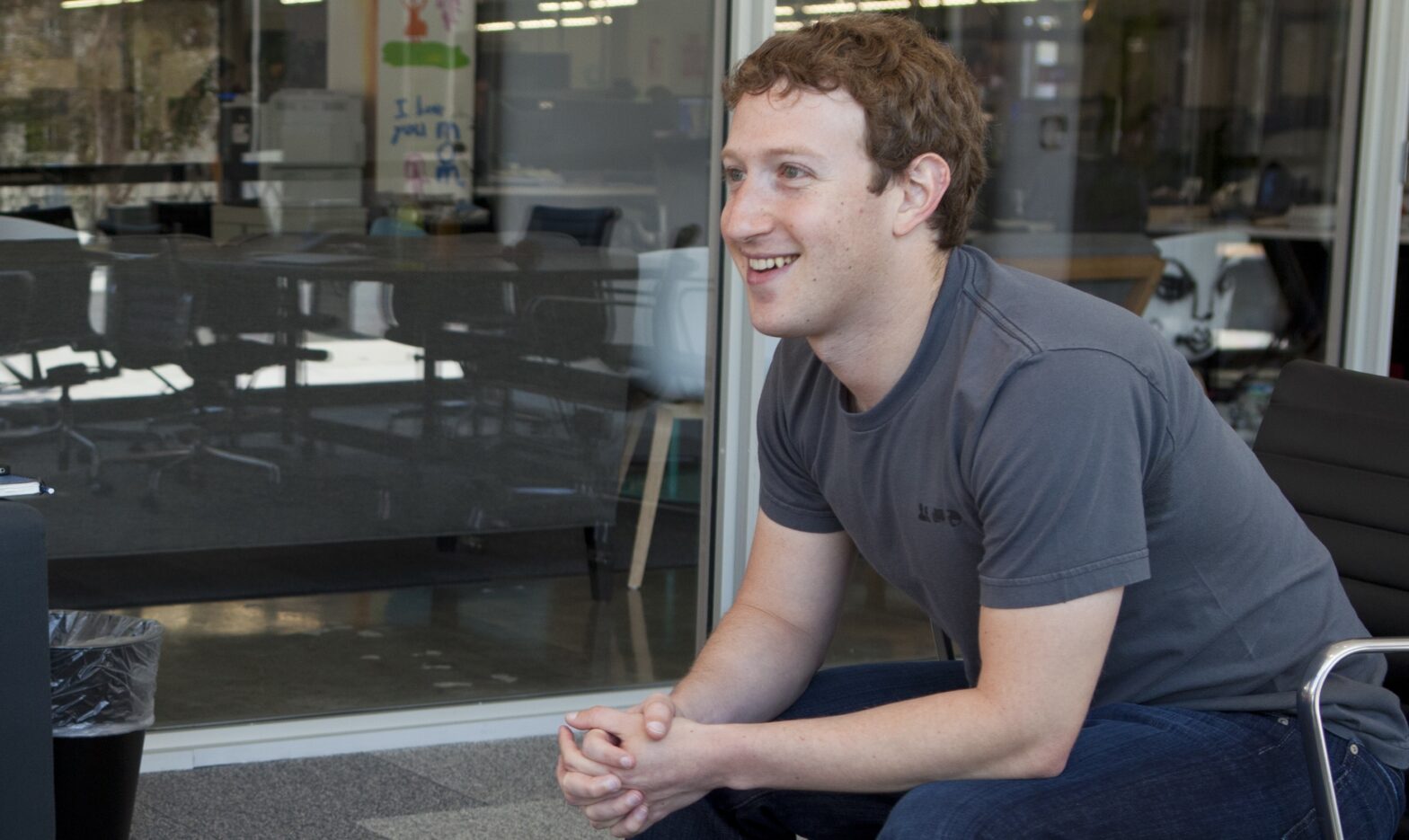Perhaps Ernest Hemingway said it best when he declared, ‘The error of youth is to believe that intelligence is a substitute for experience, while the error of age is to believe experience is a substitute for intelligence.’
There seems to be a mild obsession with entrepreneurial wunderkinders, a state which sees the investor community, and the media, continually on the lookout for the next Mark Zuckerberg. But does age really matter?
As someone who receives a lot of pitches from entrepreneurs every year, I can confidently say ‘no’. However, recognising the benefits you have as a result of your age (whatever that might be) could work to your advantage.
The age of innocence
Young entrepreneurs have the ability to look at problems without the weight of failed attempts at solutions in the past. Whether it is the ability to monetise digital music or collecting terrabytes of personal data from willing participants for free in order to build an extraordinary search engine, in my experience young entrepreneurs tend to think differently. From Zuckerberg to Andrew Mason to Hendrik Klindworth, co-founder of Innogames who dropped out of university at 19, we do see young entrepreneurs solving old problems with new ideas year after year.
They haven’t grown up hearing that something ‘can’t be done’. If one has never failed spectacularly at anything, it is difficult to conceive of it, and as a result, it is not feared. The stereotypical traits of youth – a feeling of invincibility and what some might consider blind optimism – work in their favour. Both tread a fine line between passion and foolishness, but in general, the willingness to challenge the status quo and unwavering self-belief, put behind a good business model, are things that will tick boxes for investors.
More on entrepreneurialism:
The wisdom of experience
Despite the media focus on ‘young’ entrepreneurs: according to a Newsweek report in 2010 the average age of entrepreneurs within high-tech start-ups was 40. This comes as no surprise. It might sound clichéd, but with age comes experience. Whether it is working for other people in large or small companies, building and selling (or closing) businesses, and dealing with all the complexity life has to offer, experience counts.
On the flipside of the positive naïveté of the young entrepreneur is the seasoned entrepreneur who has learned from mistakes, perfected business models and processes, and has a lifetime’s worth of contacts to draw upon. This must not be under-estimated. In fact, if an experienced entrepreneur can channel the youthful optimism and enthusiasm in the right way, it makes for a great combination.
All about attitude
The age debate will inevitably continue, but in my view, it’s a red herring. Entrepreneurship relates more to attitude than life phase. Whether it is a genius young coder fresh from university who recoils in horror at the thought of joining a Fortune 500 company, or a 50-year-old CFO who takes a huge pay cut on the promise of possible returns in the future because he or she is so excited to join a fast-growing start-up which is turning the world upside down, the same criteria apply. They both still need the passion to solve real-world problems and translate these solutions into something great and the dedication to embark on the unpredictable journey of entrepreneurship.
So if age is on your mind, drop it, and focus on the things investors will really be looking at. Is your business model sound? How big is the market? What have comparable businesses done? What team is in place? Where will you spend the money? And that’s just for starters.






